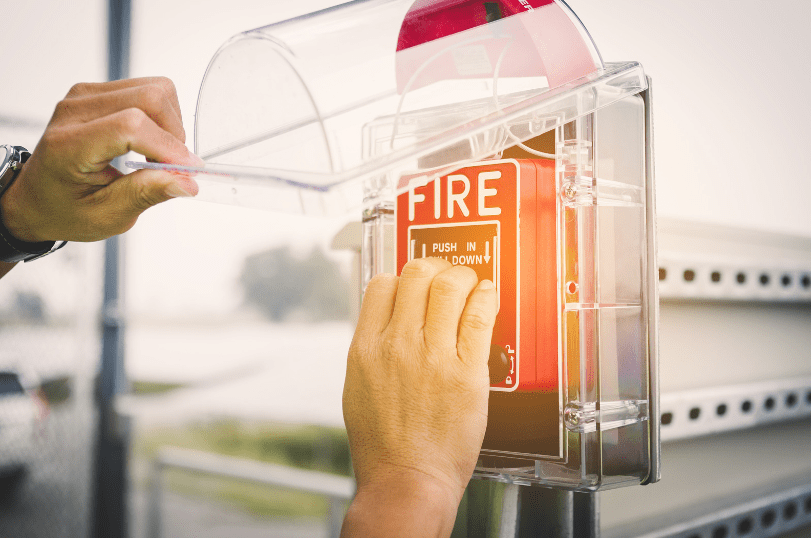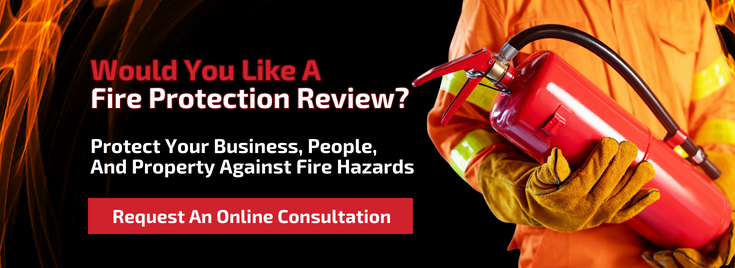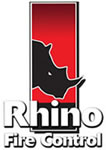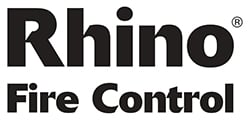
The Unique Challenges For Fire Alarm Systems In Industrial Environments
Industrial facilities play a critical role in the UK’s economy, covering a range of sectors including manufacturing, chemical processing, metal fabrication, and waste disposal. The fire risks in industrial facilities contrasts sharply with those in commercial or residential buildings, so fire alarm installation must accommodate the unique challenges of these environments to deliver effective and reliable protection.
In this article, we'll explore the challenges that industrial facilities face and consider how advanced industrial fire alarm systems are essential for safeguarding these complex spaces.

Expansive And Complex Layouts
Industrial facilities often span large areas, with multiple buildings, floors, and sections, each with its own unique fire risks. Traditional fire alarm systems may not be effective in covering the entire area and handling the high number of devices required for comprehensive protection. Instead, industrial environments need sophisticated, integrated fire alarm systems that can provide extensive coverage and facilitate effective communication between different departments, with no risk of delays that could put people and property at risk.
Harsh Environmental Conditions
Industrial settings frequently expose fire detection devices to extreme conditions, such as high temperatures, humidity, dust, or corrosive substances which can interfere with the proper operation of conventional fire detection equipment. Therefore, industrial fire alarm systems must be rugged and built to withstand harsh elements while maintaining their functionality.
Hazardous Materials
Industrial facilities often handle or store hazardous materials, such as flammable liquids or gases, which significantly increase the risk of fire. Specialist fire alarm systems must be capable of detecting these threats promptly, while advanced fire suppression methods tailored to the specific hazards presented by these materials are also necessary to reduce the risk of fire rapidly spreading or releasing potentially dangerous toxic gases or fumes.
High Noise Levels
The prompt evacuation of industrial premises is imperative when a blaze breaks out, but the noise produced by industrial machinery, processes, and equipment can render conventional fire alarm systems inaudible. In fact, audible fire alarms alone may not be effective in such conditions, as they can easily be drowned out by background noise. Fire alarm systems in industrial settings should incorporate visual alarms, such as strobe lights, or other non-audible alerts to ensure that personnel are promptly notified of a live emergency.
24/7 Operations
Many industrial facilities operate around the clock, which means that the risk of fire breaking out is constant, even during the night shift when fewer staff members may be present. A robust fire alarm system should provide continuous monitoring, instant alerts, and automated responses to minimise the potential damage and ensure the safety of everyone in the building.
Contact Us To Find Out More
Doing nothing to protect your industrial facility from fire is a risky strategy, so don't leave safety to chance - contact Rhino Fire Control today to find out more about our industrial fire alarm systems and book a free, no-obligation consultation with our fire safety experts.

Image source: Canva


